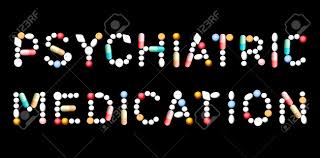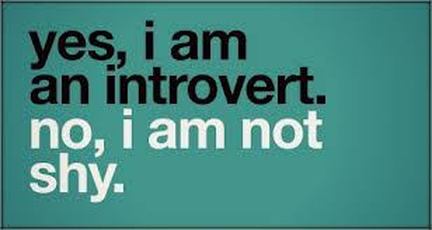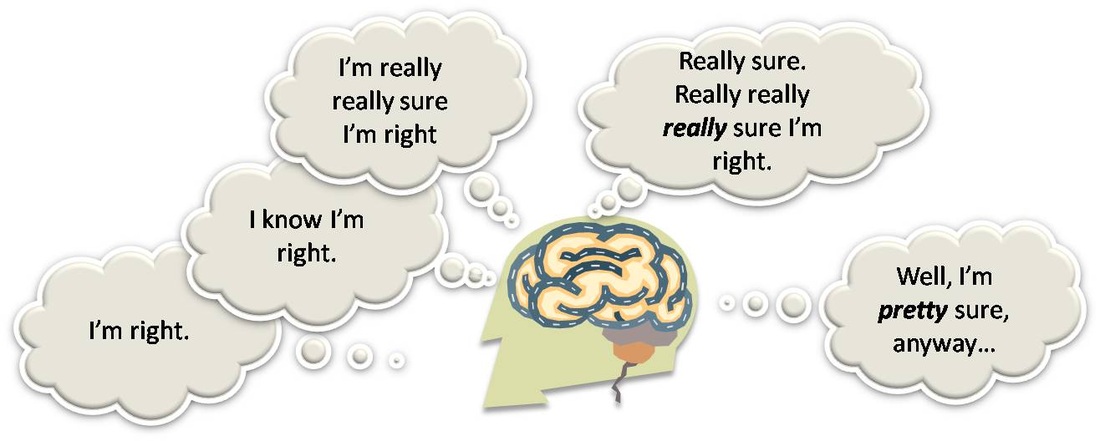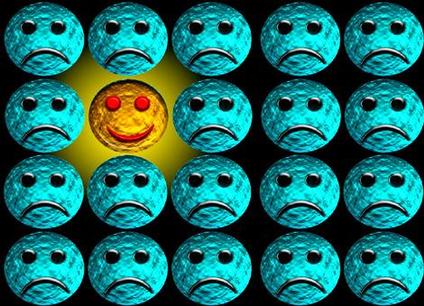
|
|
|
In Australia, there are differences in the qualifications, training, and scope of practice between psychotherapists, counsellors, psychiatrists, psychologists, and clinical psychologists. Here's a brief explanation of the differences:
0 Comments
I often find people come to see me because they feel stuck. They're unhappy with their life, unhappy with where they're at, but can't see a way forward. Even those who have worked hard on understanding themselves can come to a point where the question becomes "What next?"
 It's a powerful statement; one made by Peter Kinderman, Professor of Clinical Psychology at the University of Liverpool during an interview on BBC radio 4's Today program. I often see clients that have been treated for their depression and anxiety in the "medical model" - That is, symptoms are presented to a GP or a psychiatrist, and those symptoms are treated with medication alone. All too often, those clients report a brief time of improvement, then a gradual worsening of their circumstances. Those individuals suffer a range of additional difficulties as a result of the medical treatment failing, including despair and shame that they are untreatable. Is the medication-only treatment perhaps part of the problem? Forgiveness is being examined in mental health circles with increasing regularity, and the evidence that links forgiveness to mental health is becoming increasingly irrefutable. Forgiveness of others, forgiveness of self, and being forgiven by others are all linked in various ways to depression, particularly as we age. Developing and utilising forgiveness in therapy (and of course life!) is likely to be of great benefit.
The medical model of contemporary psychiatry relies heavily on the prescription of antidepressant medication. Indeed a multi-billion dollar a year industry is dependent on the ongoing prescription of psychotherapeutic medication, in Australia this is a practice largely undertaken by GP's. But what is the real efficacy of this medication. Does it work? And what are the long-term implications of it's use?
Australia operates a subsidised system of psychotherapy based largely around the claim that the therapy offered is "evidence-based." This system limits the number of sessions available, and limits who has access to practice psychotherapy under the system. There is considerable and growing evidence, however, that what is offered is insufficient to the needs of the majority of those who seek treatment.
Relationship and Family therapist Andrea Wachter wrote an elegant piece in a recent publication outlining 7 things she wished she knew when she was "battling depression." She notes, as is often reported, that it can take a long time to grasp and integrate the tools to ameliorate or banish depressive symptoms. I find them relevant and useful, and have paraphrased her article, adding my own points from the point of view of my own counselling experience.
Introverts are commonly and falsely considered to be shy or passive people, attempting to navigate the world with an imposing character flaw. Research has however repeatedly found that introverts are simply people who operate within a broad band of behaviours that are simply the way they operate, and in no way represent a flaw or negative way of being.
Anecdotal evidence has indicated for some time an apparent connection between mental health and healthy gut flora.
A recent study by neurobiologists at Oxford University has provided exciting evidence that such a link does indeed exist - and it has implications for treating anxiety and stress-related conditions naturally.  A recent study finds that one of the key components to living a happier life is a habit most people don't often practice. 5,000 people were surveyed by the charity Action for Happiness, in collaboration with Do Something Different. They found an amazing thing – the item that most impacts on our ability to be happy, was the very thing people indicated they practiced least! What is that key habit? The brain is an interesting part of us, as we don't actually need to consider what it is doing in order for it to do whatever it is it's doing. The brain operates without our being aware of it – we just let it get on with its job and, ahem, never give it a second thought. But is our brain always providing us with the best information? More importantly, is our brain negatively impacting on our relationships?
While the human brain is more powerful that any currently existing computer, it is also subject to Cognitive Bias, those generalisations the brain has evolved for use in speeding up our decisions in dangerous situations, and to enhance our sociability. While many of them are useful (and no doubt helped to keep us alive as a species), they can also significantly As an undergraduate psychology student in the late 1980's, the positive psychology I was exposed to was in the subject of history, where we were duly informed such notions would remain. Unscientific and airy-fairy notions such as "happiness" were not welcome in the hallowed halls of science. Why would this be? The Humanist movement, which aimed to recognise our core human tendencies, was not scientific by definition - it's notions were untestable and therefore results were unpredictable. To a scientific mind that made it less valid than things that are testable and predictable. Life, it would seem, was to be excluded from psychology.
This has thankfully begun to change. |
Author
Chris is a Counsellor and Psychotherapist at Engage Counselling, Sydney Archives
April 2023
Categories
All
|
Contact: [email protected]
Engage Counselling: Personal and professional Counselling, Coaching and Psychotherapy for men in Sydney's Inner West, Newtown, Enmore, Stanmore, Marrickville, Camperdown, Chippendale, St Peters, Erskineville, Pyrmont, Darling Harbour, Balmain, Sydney, City, Broadway, Ultimo, CBD and surrounding suburbs.











 RSS Feed
RSS Feed